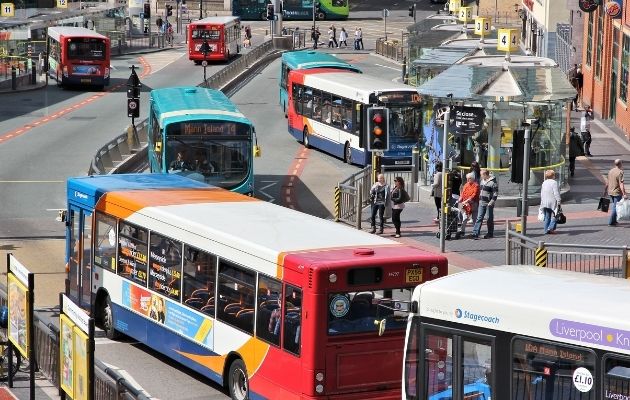Local transport plays a crucial role in the development and functioning of cities and regions worldwide. It encompasses various modes of transportation, including buses, trains, trams, bicycles, and pedestrian pathways. In this blog post, we will explore the importance of local transport and its multifaceted benefits, ranging from improved connectivity and sustainability to fostering economic growth.
- Enhancing Connectivity:
Efficient local transport systems facilitate seamless connectivity within and between urban areas. They enable individuals to travel conveniently, reducing congestion on roads and enhancing overall mobility. By providing reliable and accessible transportation options, local transport networks connect people to employment opportunities, educational institutions, healthcare facilities, and recreational areas. This connectivity promotes social inclusion, enabling individuals from diverse backgrounds to access essential services and participate fully in community life. - Promoting Sustainability:
Local transport plays a pivotal role in promoting sustainable development and mitigating environmental challenges. By encouraging the use of public transportation and non-motorized modes like cycling and walking, it helps reduce greenhouse gas emissions and air pollution. Additionally, well-planned local transport systems can contribute to urban planning strategies that prioritize compact and mixed-use development, reducing the need for long-distance commuting and preserving green spaces. Investing in sustainable local transport infrastructure also encourages a shift away from private car usage, leading to reduced traffic congestion and improved energy efficiency. - Boosting Economic Growth:
Efficient local transport networks are vital for economic growth and prosperity. They facilitate the movement of goods and services, supporting local businesses and industries. Reliable transport connections attract investments, as companies seek locations with easy access to markets and suppliers. Moreover, by reducing travel times and improving accessibility, local transport systems enhance labor market efficiency, enabling workers to access a wider range of job opportunities. This, in turn, promotes economic productivity and competitiveness, contributing to the overall development of a region. - Enhancing Quality of Life:
A well-functioning local transport system enhances the quality of life for residents. By reducing traffic congestion, it minimizes travel times, leading to less stress and frustration. Accessible public transportation options provide affordable mobility for individuals who may not own private vehicles, ensuring equal opportunities for all. Furthermore, local transport networks contribute to the creation of vibrant and livable communities, with well-designed public spaces and pedestrian-friendly environments. This fosters social interactions, improves public health by encouraging physical activity, and enhances overall well-being.
Conclusion:
Local transport is a critical component of urban and regional development, with far-reaching benefits for individuals, communities, and the environment. Its role in enhancing connectivity, promoting sustainability, boosting economic growth, and improving quality of life cannot be overstated. By prioritizing investments in local transport infrastructure and adopting sustainable transportation policies, cities and regions can create more inclusive, efficient, and resilient communities for the present and future generations.


